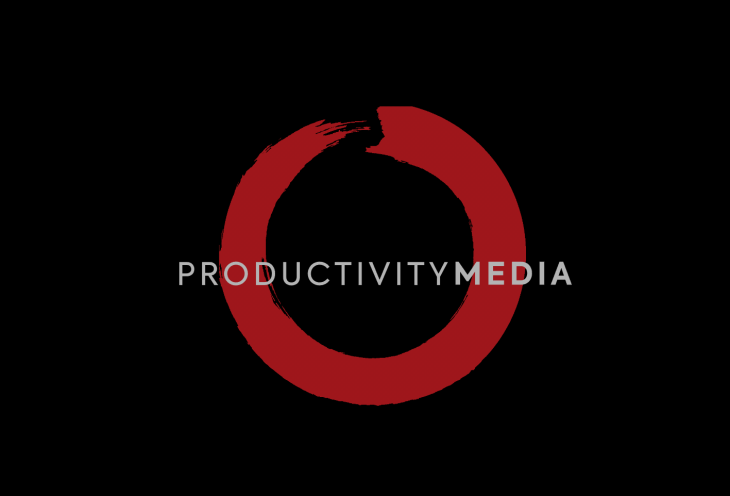
By Ahmad Hathout
Burlington-based film financier Productivity Media is now under receivership after defaulting on approximately USD $2.5 million in loans after allegations emerged this summer that its CEO siphoned over $100 million of the company’s money to fraudulent media projects, according to court documents.
The alleged fraud by 50-per cent company owner William Santor broke covenants between the company and the short-term lender, Toronto-based Two Shores Capital Corp., which required the investor to keep an arm’s length from the money it loaned to productions including Hollywood films – the budgets of which range between USD $2 million and $50 million and that utilize government tax credits.
The production company, which had raised CAD $223 million from investors by the time of its Two Shores loan agreement in July, has since placed Santor on a temporary leave of absence pending the outcome of the independent investigation by audit firm PricewaterhouseCoopers (PwC), whose preliminary findings “have revealed evidence of wrongdoing and misappropriation of funds by Mr. Santor,” according to an affidavit by Two Shores’s vice president of investments, Samson Katz.
The acting executives of Productivity Media have told Two Shores, which is first in line to get its money back, that it is suspending the delivery of new loans and investments in a cost-cutting initiative and is deferring business decisions in light of the allegations that surfaced anonymously from within the company in August.
Last week, an Ontario Superior Court judge accepted an application by Two Shores to appoint KSV Restructuring Inc. as the receiver to take over the company’s property, settle debts using company assets, and oversee PwC’s investigation into the allegations.
In mid-August, Westfield Partners Ltd., a market dealer whose clients hold approximately 61 per cent of Productivity Media’s units, approached company executives about allegations from an anonymous and known source that Santor had caused the company to advance funds to media projects based on false pretenses and had pressured at least one media project’s sales agent to sign a false audit confirmation, according to a November 6 affidavit by Productivity Media’s co-founder and chief financial officer, Andrew Chang-Sang.
The anonymous allegations also include a claim that all loans made under one sales agent facility in particular were illegitimate and that the company may have over USD $100 million in loans tied into fraudulent media projects.
Company representatives, including Chang-Sang, then went to Two Shores about the allegations, according to the record.
The allegations precluded the company from getting an extension on the repayment of the Two Shores loan, which came due in late October, because the allegations broke several rules in their agreement.
Emails to Santor and Chang-Sang requesting comment were not returned.
Tracking the alleged irregularities in lending, according to Chang-Sang, was difficult because it was awash in other difficulties outside of its control. For one, the COVID pandemic shifted consumer habits to online services as movie theatres shuttered. And then, even as audiences started coming back to theatres in the spring of 2023, the Writers Guild of America launch a 148-day strike, followed by the 118-day strike of the Screen Actors Guild—American Federation of Television and Radio Artists, Chang-Sang said.
The strike hurt Productivity Media because the unions blocked actors starring in the company’s financed films from promoting them, despite there being contractual obligations to that end.
“Without the promotional activity, theatrical sales dwindled and offers from buyers to purchase regional distribution rights to Media Projects became more depressed than they already were in the leadup to the strikes,” Chang-Sang said in his affidavit. “As a result of these combined headwinds, many of the metrics historically used by [Productivity Media] and the industry to track the progress and success of Media Project investments became highly unpredictable.
“Both expected timelines and returns were thrown off track, making it more difficult for [Productivity Media] to detect any loan-specific irregularities,” Chang-Sang added.
Productivity Media, which has bankrolled films including star-studded Day of the Fight, was founded in 2012 by Santor, Chang-Sang and chief operating officer John Hills, a former Tim Hortons information technology executive who knew Chang-Sang as director of payments at the Canadian coffee chain.
Hills, who introduced Chang-Sang to Santor, was a client of Santor’s Prosapia Wealth Management, a firm that says it assists clients with asset allocation, wealth transfer and creating multigenerational wealth building strategies. Santor has also held positions at Tristar Film Finance and MediaHouse Capital, where he was involved in financing numerous film projects.
Chang-Sang and Hills had no experience in the entertainment space, so they would focus on operations, information systems and finance while Santor would work his contacts in Hollywood and elsewhere and handle interactions with producers, directors, sales agents and distributors, according to Chang-Sang.
The business operates to generate returns for the company’s unit holders through these film and television investments, including the Warrior Nun movie series on Netflix, whose production has been affected by Productivity Media’s troubles.
The company’s loans are secured by its films’ distribution rights, government tax credit rebates, and minimum guarantees from distribution rights acquirers.
Two Shores’s $2.5-million loan, advanced in July this year and that came due 90 days from then, was, in fact, supposed to be gap funding until the company secured government tax credits that were delayed, according to court records.
The company finances films in Canada, the United States, the UK, France, Germany, Malta, Australia, New Zealand, the Cayman Islands, and other locations.


